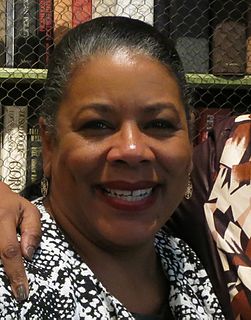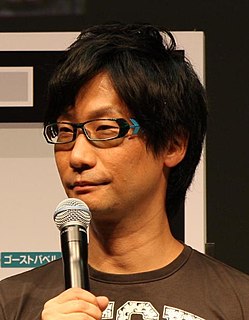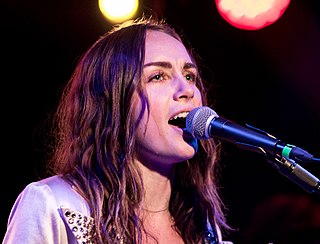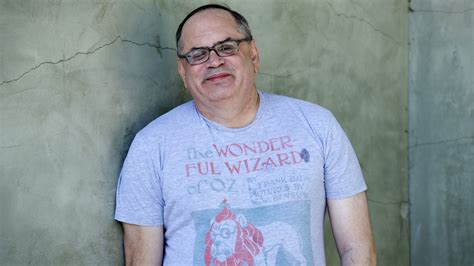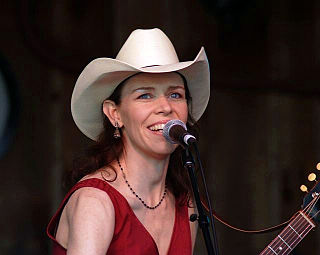A Quote by Eric Fischl
Artists don't really want to be marginalized. They believe that everybody should be able to appreciate the experience that an artist gives them, an experience that connects us to each other in a deep way.
Related Quotes
I was worried that I, the artist Morimura, would have conflicts with the participating artists and develop a strenuous relationship with them. But the actual experience was completely the opposite. The artists accepted my requests rather positively, because it came from a fellow artist. I strongly feel that the fact that my being an artist avoided the usual curator vs artist tension, and led to creating a positive atmosphere as well as developing a solidarity amongst artists and building a community for artists.
Throughout my career, I have benefitted from the experience and counsel of a wide range of people who took a very personal interest in me. As a result, I am always happy to share lessons learned from my journey with others. I am particularly passionate about mentoring young black girls. While we are a very diverse group, there is a special bond that connects us to each other. When I work with them, I see them in me and I believe they see me in them. By coming together, we are able to show the world the power and the promise of black girls.
I think festivals are way more easygoing than back-to-back tours are. 'Cause for me, when you get to go to a festival, you get to hang out all day, and you're really taken care of, and there's usually a little artist village where all the artists have their own tents, and it's catered, and then you go and play an hour-long set depending on where you are on the lineup. And then you go back and you hang out and you even get to go watch other artists play. So it's really just a fun interactive experience for everybody.
The artist has some internal experience that produces a poem, a painting, a piece of music. Spectators submit themselves to the work, which generates an inner experience for them. But historically it's a very new, not to mention vulgar, idea that the spectator's experience should be identical to, or even have anything to do with, the artist's. That idea comes from an over-industrialized society which has learned to distrust magic.
Each person comes to have this musical experience, this moment with us, where they get to sink into our world for a little while. It’s this very unhurried world. It’s fairly quiet, it’s contemplative, but it can be quite panoramic. I think people think interesting thoughts at our shows, and they go rather deeply into some personal experience of their own. I’m really proud that our music seems to connect, because it’s not for everybody. But for the people that our music works for, it really gets down pretty deep in there.
That was my experience with everybody in the book. That was what was so cool. It's just an excuse to hang out with people. It's not for a movie; it's not for a magazine. No one's here telling us what to do. We're at my house shooting. I just get to go, "What do you want to do today?" We're only there because we want to be there because of each other. There's no other reason.
I think that is what you want to do as a cinemagoer - to experience something fully. Some things don't let you experience them fully. It may be your own preordained prejudice where you can't experience them fully. But when you come out of the cinema having felt, thought, and experienced your way through two hours, that is a really cool thing.
...marriage is foremost a vocation. Two people are called together to fulfill a mission that God has given them. Marriage is a spiritual reality. That is to say, a man and a woman come together for life, not just because they experience deep love for each other, but because they believe that God loves each of them with an infinite love and has called them to each other to be living witnesses of that love. To love is to embody God's infinite love in a faithful communion with another human being.
Women have been driven mad, “gaslighted”, for centuries by the refutation of our experience and our instincts in a culture which validates only male experience. The truth of our bodies and our minds has been mystified to us. We therefore have primary obligation to each other: not to undermine each other’s sense of reality for the sake of expediency; not to gaslight each other.


